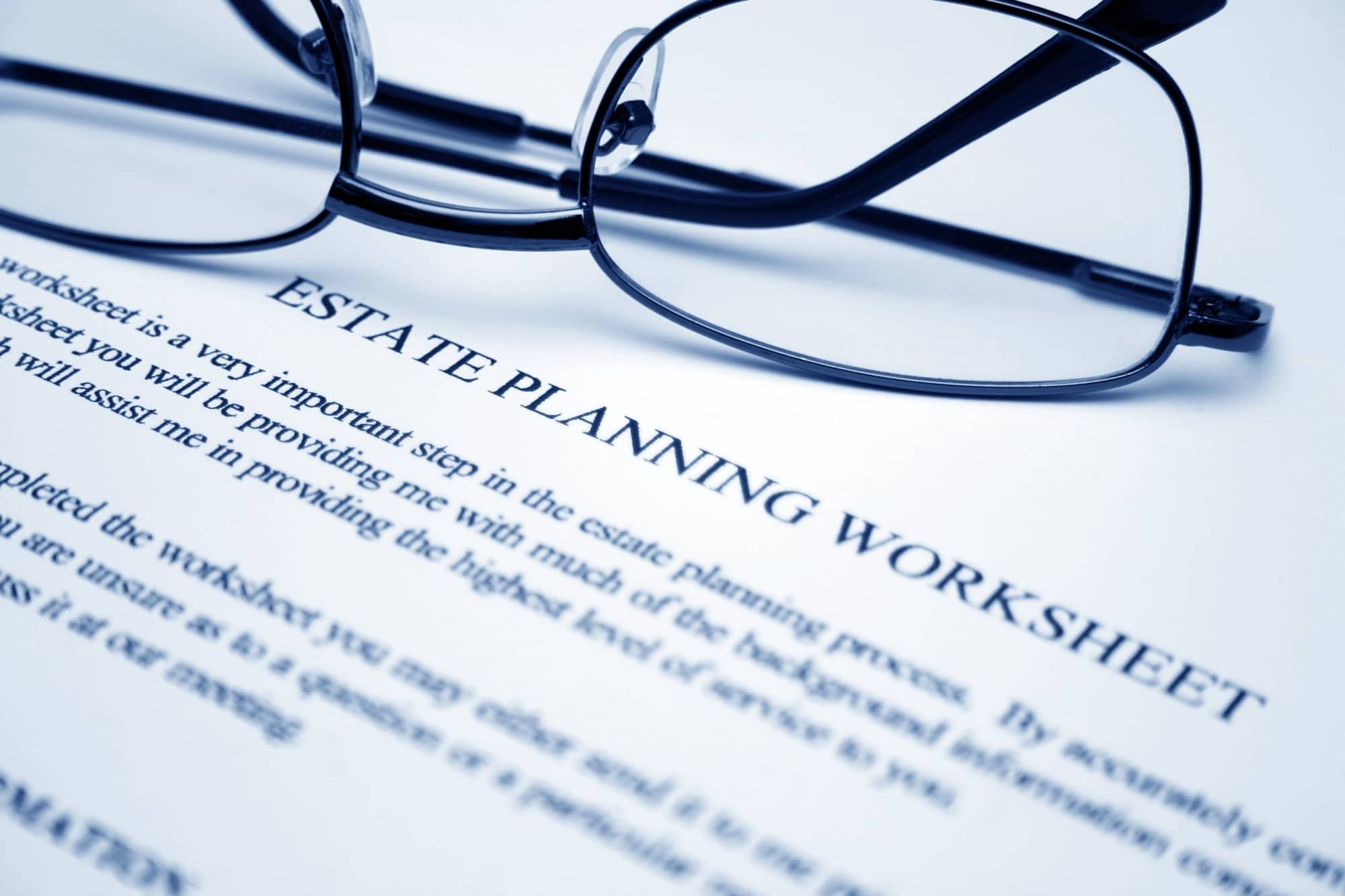Estate planning is an action that’s not always at the top of someone’s to-do list. While it might not seem like an urgent act, you never know what could happen and it’s always better to be over prepared than under prepared. If you have any preferences for how your assets will be handled if you were to pass away or become incapacitated, estate planning is essential. To help you better prepare yourself, here are eight things you never knew about estate planning.
1. Estate Planning Should Begin Early
A lot of people assume that they can wait to plan for their estate until they get a little older. However, life can be cruel and unfair, and tragedy strikes every day. If you have an accumulation of assets of any size, you should be planning your estate. The earlier you begin, the easier it will be to continue to grow your estate and keep a detailed record of your wishes.
2. Everyone Should Undergo Estate Planning
Some people assume that you only need to undergo estate planning if you have numerous assets worth a lot of money. However, there is no minimum amount that you need to make estate planning worth it. In reality, those with less should be focusing on estate planning more, as it allows them to be as cost effective as possible. Since estate planning consists of determining how everything you own will be divided amongst your family or friends, it’s essential for everyone to complete.
One thing that many people don’t realize is that monetary value of assets isn’t everything. Things that have sentimental value should be secured in your estate planning, so they don’t get lost to the state. There are many real-world examples of families contending a $10 item due to its sentimental value, regardless of the multi-million dollars of assets that are divided.
3. The Court Will be Involved to a Degree
Without the proper estate planning in place, the state will be the one to determine who receives your assets. Probate—how the court settles the estate of someone deceased—can get complicated if there are no clearly defined instructions left from estate planning. Probate is often accompanied by high legal fees and can take years based on the number of assets and estate priority. The state will decide who gets what if anything. This can cause a lot of headaches and roadblocks for your family to endure. When you plan properly, you’ll make sure that you leave your loved ones without stress or anxiety that’s associated with probate and asset division.
When there are accounts that are not elucidated in estate planning, the state can take possession of the unclaimed property. This often happens if there isn’t a thorough planning process, which is why it’s important to update your estate over time.
4. Finding the Right Power of Attorney is Essential
Your power of attorney (POA) is someone to help handle decisions if or when you’re unable to do so for yourself. Financial POAs can work with you to understand your wishes, get them in writing, and then carry them out if you become unable to do so. Medical POAs are appointed to carry out any decisions if you become physically or mentally incapacitated. To make sure that your wishes are upheld in any circumstance, finding the right power of attorney is essential. Take the time to think about this decision and consider hiring a third-party to help make the process easier.
5. Your Will is Only Part of Estate Planning
Writing a will is extremely important as you get older and begin to accumulate more assets. Your will is a legally binding document that helps attorneys coordinate how to distribute your assets after death. It creates clearly defined outlines that reflect your wishes and can only be challenged under certain circumstances. However, your will isn’t everything in estate planning. You’ll need to focus on beneficiary details and designations ahead of time and make sure that you understand the impact of your choices. You’ll need to plan your last will, your living will, and a durable power of attorney.
6. Beneficiary Details Matter in Estate Planning
When you decide to list beneficiaries in your will and throughout estate planning, who you list can affect taxes and distributions. In some states, you may incur something called a transfer tax if you list someone who is more lateral as a beneficiary—such as siblings or members outside of your immediate bloodline. Make sure that you understand what this means for your estate and how it will affect your assets.
You can create certain safeguards for your beneficiaries when estate planning. This helps preserve your estate over time after you’ve passed away. Some examples of safeguards to consider when planning your estate include putting limits on spending, creating legal protection for divorce, and minimizing potential threats from lawsuits. Work with your attorney to learn more about the possible safeguards that you’re eligible to utilize.
7. You Can Make Changes to Your Estate Plan
As your situation changes throughout your life, you can easily make changes to your established estate plan. You’ll be able to change beneficiaries as needed, adjust the amount of assets (including retirement accounts 401(k) and ROTH-IRA) that each beneficiary receives, or add in new beneficiaries if your family or close circle grows. Up until the day you pass away, estate plans can be legally changed, if the changes are done so without coercion and under the right frame of mind.
8. You’re Going to Talk About Death
Planning your estate is a great way to make sure that your family is set up for success after you’ve passed away, but it’s a sensitive topic. You’re going to have to discuss death and at times it can be uncomfortable. However, taking the time to have this difficult conversation while you still can will ensure that your family and loved ones are taken care of if anything happens.
Working with a CERTIFIED FINANCIAL PLANNER™ professional is a great way to ensure that your finances are in good standing now and in the future. To schedule a consultation and discuss your options for estate planning, contact William Bevins today at [email protected] or by calling (615) 469-7348.




